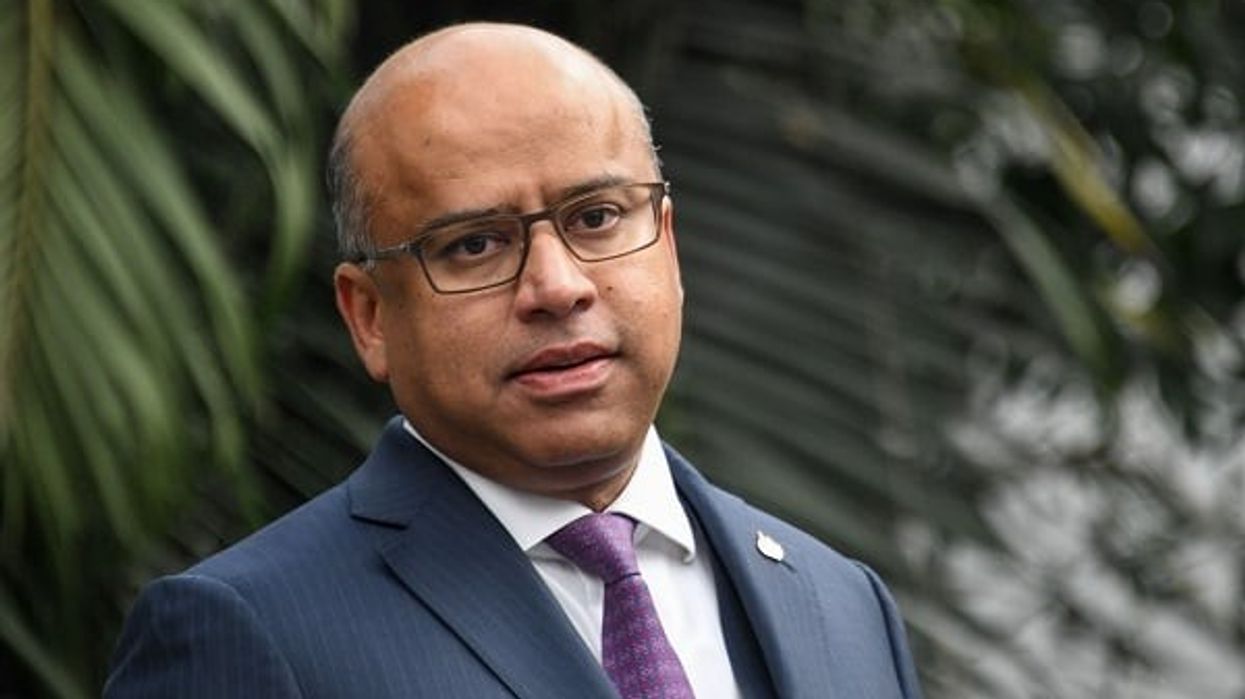WHEN UK's furlough scheme ends next month, thousands of jobs at Liberty Steel would be at risk unless its owner Sanjeev Gupta manages to secure a financer.
After the collapse of its key lender Greensill Capital in March, Gupta's conglomerate GFG Alliance is urgently looking for a new lender.
The Guardian reports that GFG employs 35,000 people worldwide, including about 4,300 in the UK - out of these 3,000 work in the struggling steel sector.
Liberty Steel has been struggling to fund day-to-day operations raising doubts over the future of its workers at steel plants across the UK including Rotherham, South Yorkshire and a factory in nearby Stocksbridge.
According to The Guardian, salaries of about 70 per cent of its workers have been supported by the government furlough scheme in the last month. Previously Gupta's Liberty Steel had warned government that the firm would face financial pressure by the end of August.
Moreover, once the furlough scheme ends next month it would become more difficult to pay salaries to workers.
An SFO investigation into suspected fraud, fraudulent trading and money laundering has complicated the firm's effort to secure new financing from White Oak Global Advisors, a US lender.
However, White Oak has already agreed in principle to refinance GFG's Australian operations and may also broaden to European operations, which could provide a lifeline to UK plants.
It has been learnt that unions have been told that the refinancing of Liberty Steel's Australian operations will conclude soon.




